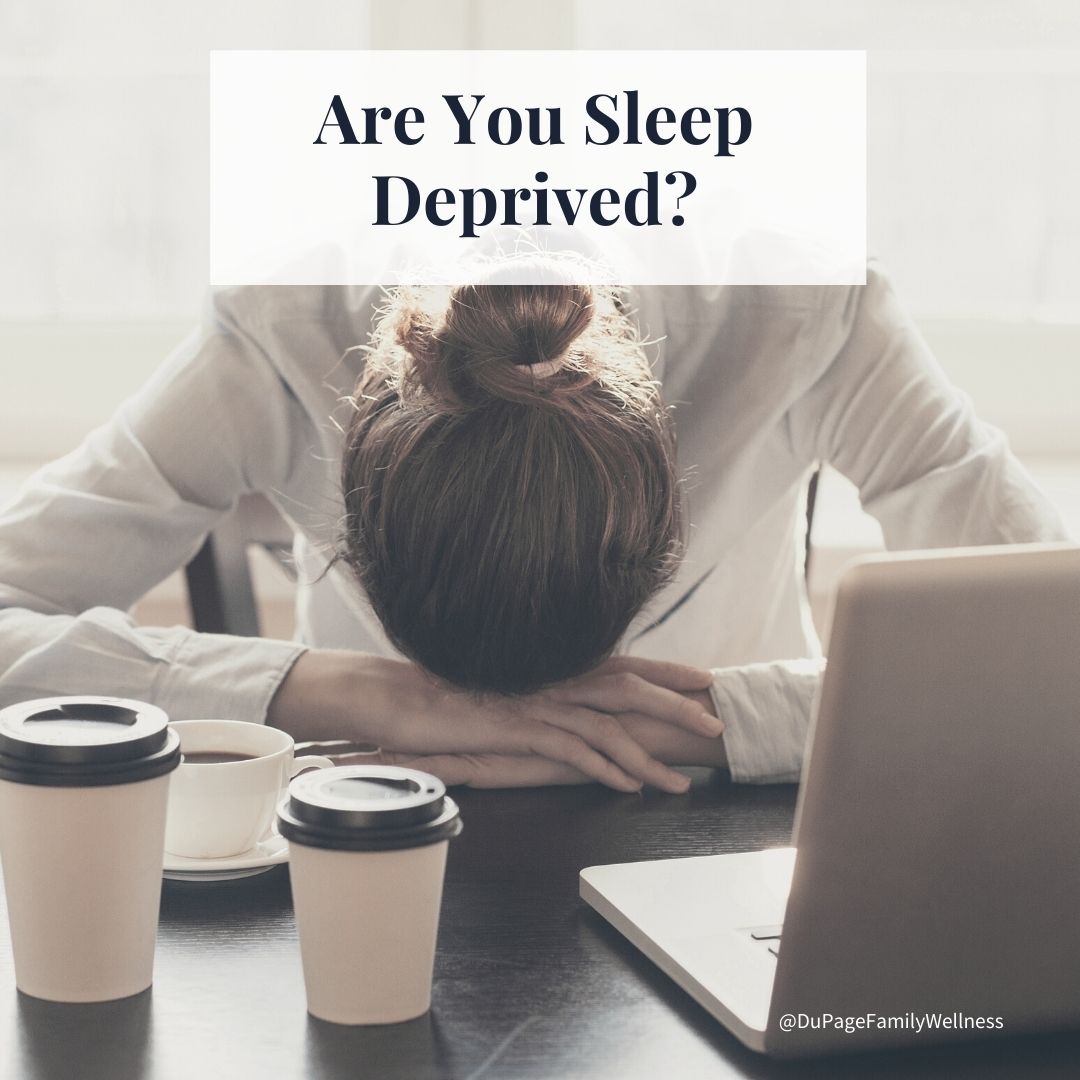 Between work, activities, and family, life can feel pretty overwhelming. You may feel like there aren’t enough hours in the day, so there simply isn’t time to get a good night’s sleep. But sleep is one of the most fundamental functions we do each day.
Between work, activities, and family, life can feel pretty overwhelming. You may feel like there aren’t enough hours in the day, so there simply isn’t time to get a good night’s sleep. But sleep is one of the most fundamental functions we do each day.
Without good sleep you will not only feel terrible, but you will begin to damage your body. So, how much sleep do you need, and how can you tell if you are getting enough?
Let’s dive into that question and see what your body needs to function at its best.
Sleep Research
Researchers took a group of people, put them in a stimulus free room for 14-24 hours a day, and monitored their sleep. There were no clocks, so subjects didn’t know when they were going to bed or waking up.
The first couple days of the study, sleep times averaged 12-20 hours per night! This seems to indicate that many of the subjects were in a “sleep debt” going into the study, meaning their bodies were trying to catch up from chronic undersleeping.
Over a few days, the participants' sleep began to average approximately 8 hours a night (with some sleeping more, and some sleeping less).
How Much Sleep Is Right For Me
Since everyone’s body is different, let’s look into how you can determine how much sleep your body needs?
Sleep researchers have noted that decreasing sleep time has a strong impact on reaction time and other mental functions. You can use “reaction time” to determine if the number of hours that you are sleeping is ideal for you.
Here’s how...
- Note the time that you typically go to sleep, and the time that you typically wake up (ideally naturally without having to use an alarm clock).
- Do a little experiment for 3 days. Each morning at the same time after waking up, take the reaction time test from the following website https://www.humanbenchmark.com/tests/reactiontime
- Make a note of your score each day.
- On day 4, try moving your bedtime up by 30 minutes. Continue with that amount of sleep for 3 days, checking your reaction time each morning. Notice if your score is significantly different with more sleep. Pay attention to how you feel throughout the day. How is your energy level? Is your mental functioning better?
- After a few days, try moving your bed time up another 30 minutes. Pay attention to your reaction times and how you feel.
- Repeat the steps in this experiment again until you find a bed time which seems ideal for you based on your reaction times and how you feel.
Why No Alarm Clock?
We want our bodies to wake up naturally when we are well rested, not when an outside stimulus wakes us. If you need to be up by a certain time, you can use your alarm clock to make sure that you get up on time, but the goal is to wake up before it goes off. If you are chronically fatigued when your alarm goes off, it is a sign that your body needs more sleep!
It is also important to mention that there are many factors that impact how much sleep we need. Extreme physical activity, fighting an illness, or times of extreme stress can temporarily make our bodies need more sleep.
Be sure to honor your body’s sleep needs so you can feel and function at your best!
Let me know if you have specific questions about sleep. And if you try this experiment, I’d love to hear how it goes!
Dr. Jamie
P.S. For more information about sleep research and this experiment check out this article by Dan Pardi.

